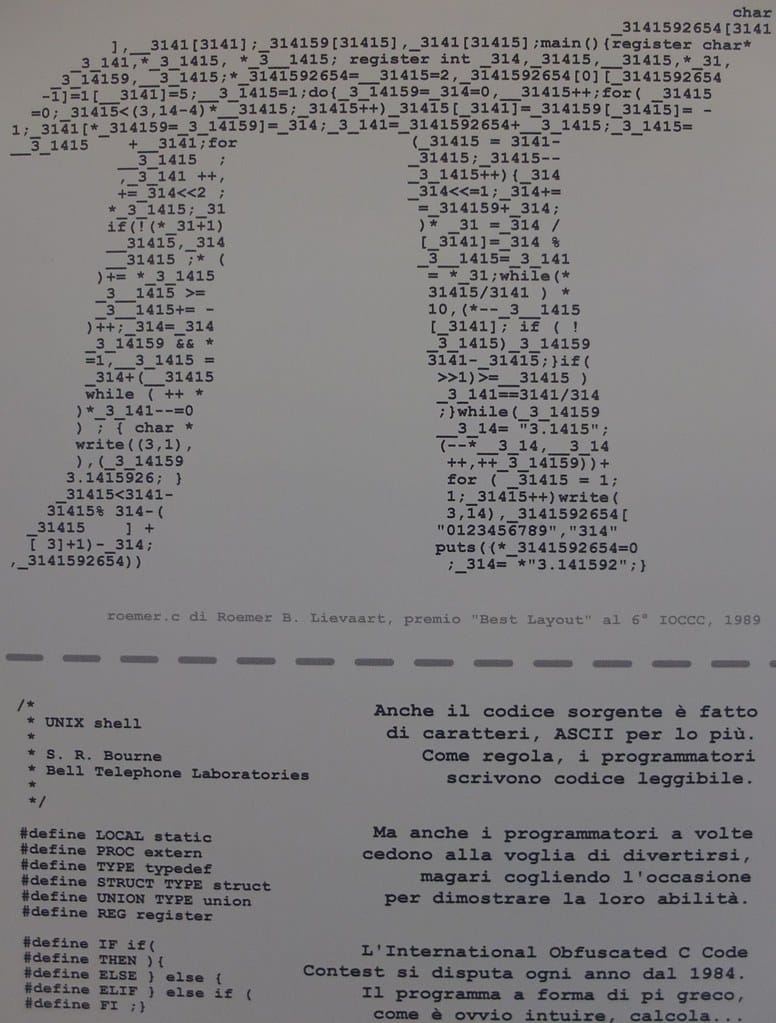The Great Software Engineering Squeeze: Why Even Tech Giants Are Cutting Their Best Talent
The software engineering profession, once considered recession-proof and endlessly lucrative, is experiencing an unprecedented contraction that's sending shockwaves through Silicon Valley and beyond. From Meta's massive layoffs to Google's hiring freezes, the industry that powered the digital revolution is now grappling with its own brutal reality check.
The Numbers Tell a Stark Story
The data is undeniable: tech companies have eliminated over 400,000 jobs since 2022, with software engineers bearing the brunt of these cuts. Meta alone laid off 21,000 employees across two rounds, while Amazon cut 18,000 positions. Even traditionally stable companies like IBM and Salesforce have joined the downsizing trend.
What makes this particularly jarring is the speed of the reversal. Just two years ago, software engineers were commanding signing bonuses of $100,000+ and juggling multiple offers. Today, senior engineers with decades of experience are struggling to find positions that match their previous compensation levels.
The Perfect Storm Behind the Squeeze
Economic Headwinds Meet Reality
The current squeeze stems from multiple converging factors. Rising interest rates have made cheap money a thing of the past, forcing companies to prioritize profitability over growth at any cost. The pandemic-era hiring spree, driven by assumptions of permanent digital acceleration, has proven unsustainable.
"We hired for a world that didn't materialize," admitted one tech executive anonymously. "The metrics we used to justify massive engineering teams simply don't hold up in today's economic climate."
AI: Friend or Foe?
Artificial intelligence presents a double-edged sword for software engineers. While AI tools like GitHub Copilot have made individual developers more productive, they've also raised questions about team size requirements. Some companies are betting that AI-augmented developers can replace entire teams, leading to preemptive workforce reductions.
However, industry experts argue this perspective oversimplifies software development's complexity. "AI can write code, but it can't architect systems, understand business requirements, or debug complex production issues," notes Sarah Chen, a principal engineer at a Fortune 500 company.
The Ripple Effects Across Tech
Salary Stagnation and Negotiation Power
The job market shift has fundamentally altered the negotiation landscape. Companies that once competed fiercely for talent are now dictating terms. New graduate offers have dropped 15-20% from their 2021 peaks, while experienced engineers are accepting lateral moves just to maintain employment.
Stock option packages, once a major attraction, have lost their luster as tech valuations have plummeted. Many engineers who joined companies during the 2020-2021 boom are holding underwater options, effectively trapped in positions they might otherwise leave.
Geographic Dispersion
The remote work revolution, initially celebrated as liberation from expensive tech hubs, has created a global talent pool that's now working against U.S. engineers. Companies are increasingly hiring skilled developers from countries where salaries are significantly lower, intensifying competition for domestic engineers.
Survival Strategies in the New Landscape
Diversification Is Key
Smart engineers are diversifying their skill sets beyond pure coding. Product management, data science, and infrastructure specializations are proving more resilient. Engineers who can bridge technical and business domains are finding themselves in higher demand.
The Startup Gamble
While big tech contracts, innovative startups are still hungry for talent. However, these opportunities come with increased risk and typically lower compensation packages. Many engineers are weighing the stability of established companies against the potential upside of early-stage ventures.
What This Means for the Future
The software engineering squeeze represents a market correction rather than a permanent decline. However, the profession is evolving from a seller's market to a buyer's market, demanding greater specialization and business acumen from practitioners.
Companies that weather this storm will likely emerge with leaner, more focused engineering teams. The engineers who adapt by developing complementary skills, embracing new technologies, and understanding business fundamentals will be best positioned for the eventual recovery.
The golden age of unlimited tech hiring may be over, but software engineering remains a fundamentally valuable profession. The current squeeze, while painful, may ultimately lead to a more sustainable and mature industry that values quality over quantity and results over hype.

